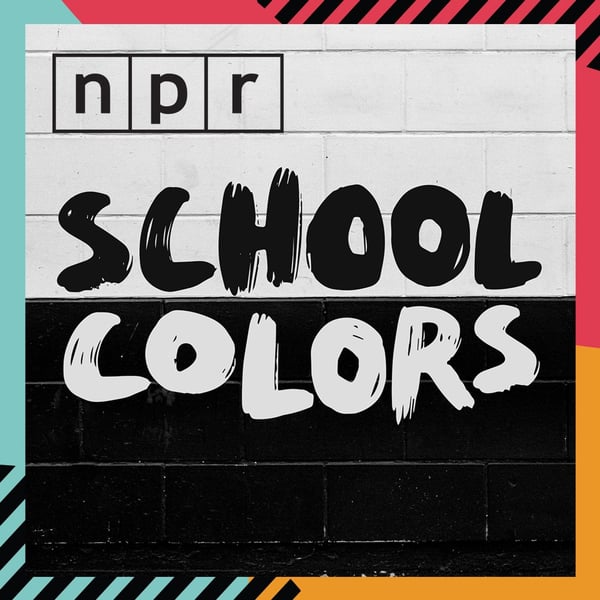S2 E4: The Mason-Dixon Line
School Colors
Brooklyn Deep
5 • 656 Ratings
🗓️ 30 November 2022
⏱️ 50 minutes
🧾️ Download transcript
Summary
Transcript
Click on a timestamp to play from that location
| 0:00.0 | My name is Vanessa Sparks. I am a lifetime resident of Queens, New York, the entire time |
| 0:07.1 | living within the confounds of School District 28. |
| 0:10.9 | Vanessa grew up and still lives in South Jamaica, but she didn't go to school in the neighborhood. |
| 0:15.6 | Looking at it as an adult, from where I went to school, from where I live, it wasn't, you know, it wasn't |
| 0:21.5 | an hour away, maybe a 15, 20 minute drive, but it was a world away. |
| 0:27.0 | It was the early 70s, and her parents felt like she had to lead the South Side for better |
| 0:31.0 | schools. |
| 0:31.9 | That was the narrative that was spun then. |
| 0:34.4 | Better schools, i.e., schools in white communities. |
| 0:38.3 | To get from one world to the other, she had to cross what people called the Mason-Dixon line. |
| 0:43.3 | We used to always call Hillside Avenue to Mason-Dixon line in terms of District 28. |
| 0:49.3 | Most black people in District 28 did live south of Hillside Avenue. Most white people in District 28 did live south of Hillside Avenue. Most white people in District 28 did |
| 0:56.2 | live north of Hillside Avenue. It was just the Mason-Dixon line they used to call, I think they |
| 1:01.2 | used to call it that just for that reason. All the black folks are here, all the white folks are |
| 1:05.8 | there. This is kind of, once you cross Hillside Avenue, and it's still, believe it or not, you want to know a secret, it's still, to some degree like that now. |
| 1:15.4 | We spent the last two episodes talking about the history of the north side and the south side of District 28. |
| 1:21.1 | But for most of that history, there was no District 28. |
| 1:24.4 | The district in its current form didn't exist. |
| 1:27.1 | When Vanessa Spark started traveling between worlds, District 28 had only just been created, |
| 1:32.6 | putting North and South together for the first time. |
| 1:35.6 | So much of the present-day conversation about District 28 hinges on this north-south dynamic. |
| 1:41.1 | But why were the North Side and the South side wedged into the same school district to begin |
... |
Please login to see the full transcript.
Disclaimer: The podcast and artwork embedded on this page are from Brooklyn Deep, and are the property of its owner and not affiliated with or endorsed by Tapesearch.
Generated transcripts are the property of Brooklyn Deep and are distributed freely under the Fair Use doctrine. Transcripts generated by Tapesearch are not guaranteed to be accurate.
Copyright © Tapesearch 2025.

